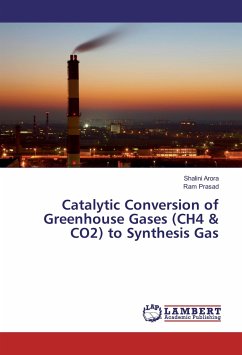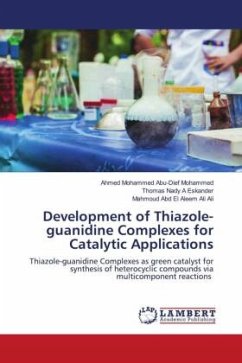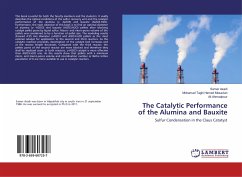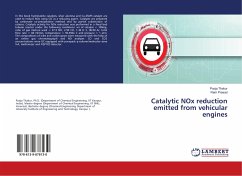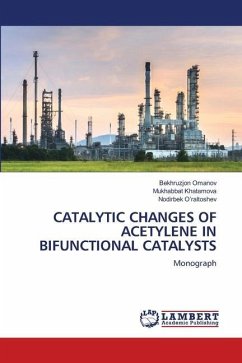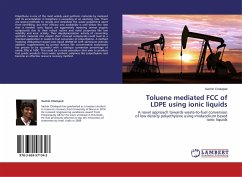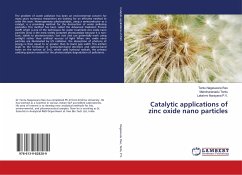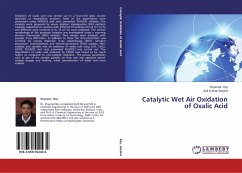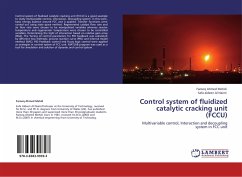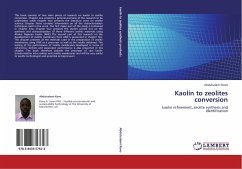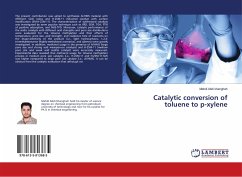
Catalytic conversion of toluene to p-xylene
Versandkostenfrei!
Versandfertig in 1-2 Wochen
26,99 €
inkl. MwSt.

PAYBACK Punkte
13 °P sammeln!
The present contribution was aimed to synthesize Al-HMS material with different Si/Al ratios and H-ZSM-11 industrial catalyst with surface modification (SM-H-ZSM-11). The characterization of synthesized catalysts was investigated by some popular technique such as XRD, SEM, TGA, FTIR of pyridine adsorption, and NH3-TPD. Moreover, catalytic performance of the acidic catalysts with different acid strengths and pore size distributions were evaluated for the toluene methylation and then effects of temperature, pore size, acid strength, and residence time of reactants on the shape-selectivity of the...
The present contribution was aimed to synthesize Al-HMS material with different Si/Al ratios and H-ZSM-11 industrial catalyst with surface modification (SM-H-ZSM-11). The characterization of synthesized catalysts was investigated by some popular technique such as XRD, SEM, TGA, FTIR of pyridine adsorption, and NH3-TPD. Moreover, catalytic performance of the acidic catalysts with different acid strengths and pore size distributions were evaluated for the toluene methylation and then effects of temperature, pore size, acid strength, and residence time of reactants on the shape-selectivity of the product (i.e., light hydrocarbons, 1,2,4-trimethylebenzene (highly-methylated aromatics), and xylenes) were greatly investigated. In addition, methanol usage in the presence of Al-HMS (large pore size and strong acid mesoporous catalysts) and H-ZSM-11 (medium pore size and weak acid zeolite catalyst) were accurately measured. Experimental data revealed that methanol usage for toluene methylation process in medium pore size catalysts (i.e., H-ZSM-11 and H-ZSM-11-SM) was higher compared to large pore size catalyst (i.e., Al-HMS). It can be obvious from the catalytic evaluation that although var



